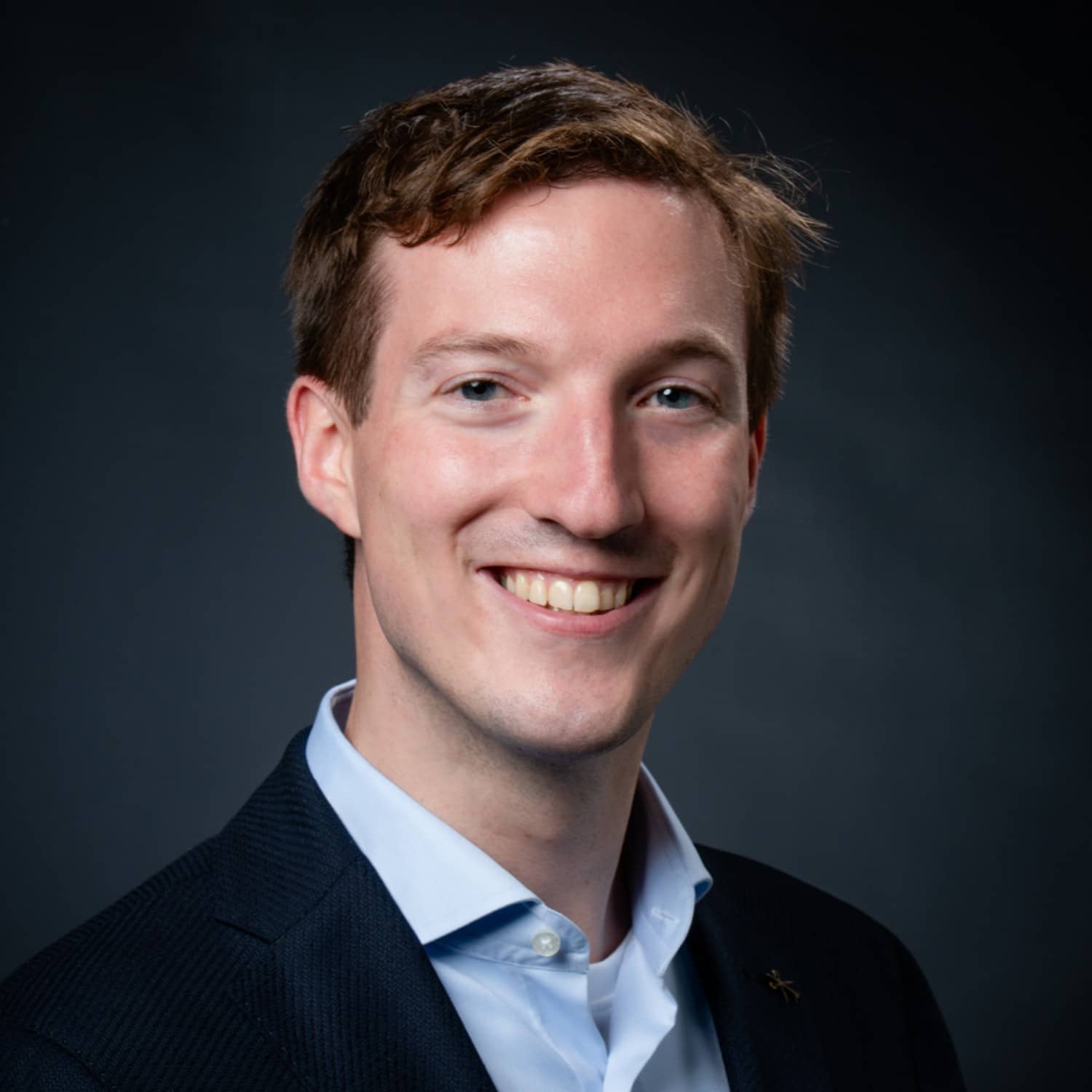Critical Approaches
Circular Building versus Circular Economy: Join the discussion
Circular ideas in the design of products are fascinating: look at Philipps’s ‘Pay per Lux’ system or the ‘Façade Leasing’ ideas that are currently developing. What is often forgotten, though, is that circular products and buildings require reverse logistics infrastructure like temporary materials’ storage and also additional facilities for accommodating the actual processes of product remanufacturing. This puts a lot on stress to the urban fabric. How do you think remanufacturing will affect cities? How can we ensure that circular practices will be fostered in a way that does not disrupt the quality of neither the urban nor the peri-urban space?
